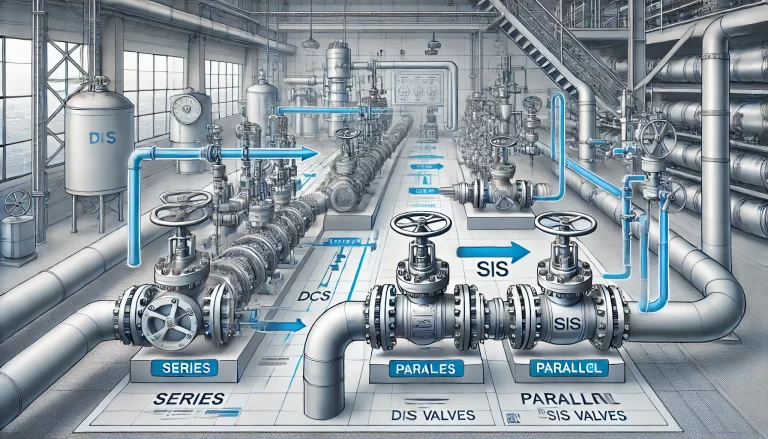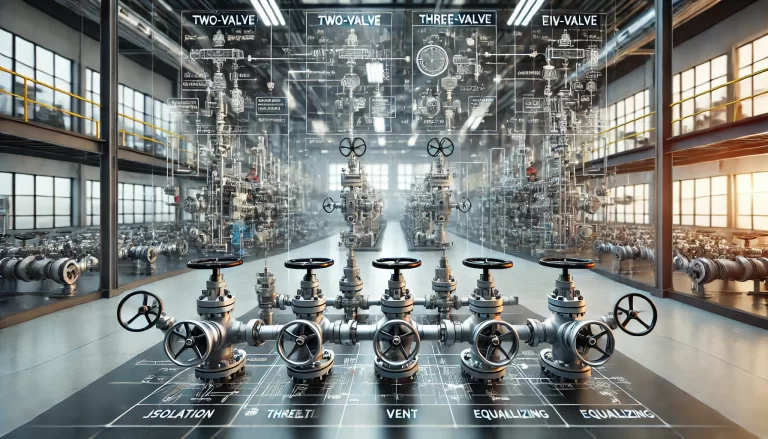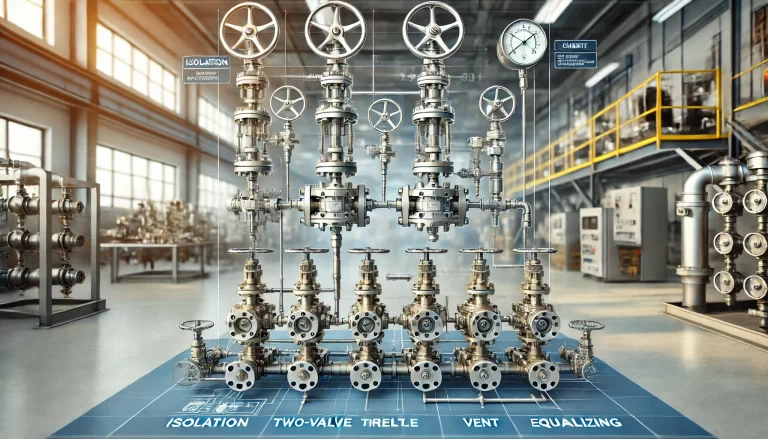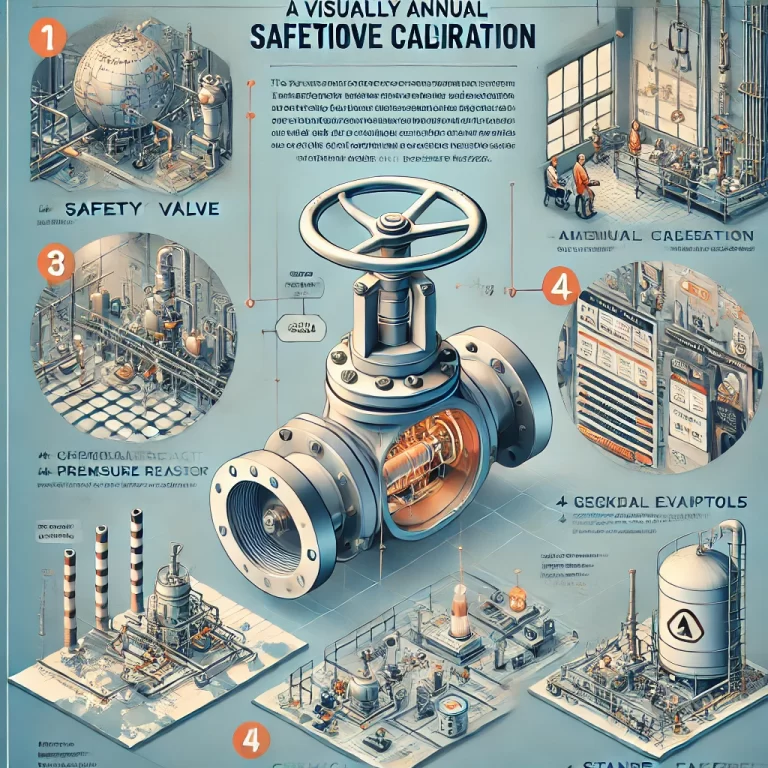Liquid chlorine valves are specifically designed for handling liquid chlorine media. These valves exhibit distinctive characteristics that set them apart from general-purpose valves. Below, we delve into the key features of liquid chlorine valves:

1. Material Selection
Liquid chlorine valves are crafted from highly corrosion-resistant materials such as LCB low-temperature steel and PFA (perfluoroalkoxy polymer). These materials are carefully chosen to withstand the aggressive corrosiveness and low-temperature properties of liquid chlorine, ensuring long-term stability in demanding environments.
For example:
- Ball valves specifically designed for liquid chlorine feature a PFA-lined inner chamber and ball, manufactured using high-temperature molding processes. The valve body is constructed from LCB low-temperature steel, achieving a combination of corrosion resistance and low-temperature durability.
In contrast, general-purpose valves often utilize a broader range of materials suitable for various media but are not optimized for the unique properties of liquid chlorine. This optimization gap may result in reduced longevity and performance under such specific conditions.

2. Superior Sealing Performance
Given the toxic and highly corrosive nature of liquid chlorine, the sealing performance of these valves is of utmost importance. Liquid chlorine valves are engineered with advanced multi-layer sealing structures, such as:
- Fluororubber O-rings paired with V-shaped PTFE packing, forming a dual sealing system that virtually eliminates the risk of leakage.
This robust sealing design prevents media leaks, ensuring operational safety and reliability. While general-purpose valves may also have good sealing capabilities, they are not subjected to the same stringent requirements and may use less specialized sealing mechanisms.
3. Exceptional Corrosion Resistance
Liquid chlorine valves are tailored to handle the highly corrosive environment posed by liquid chlorine. This includes careful material selection and enhanced structural design:
- Full PFA lining provides excellent resistance to chlorine ions, minimizing material degradation and maintaining performance over time.
- Components are designed to withstand aggressive chlorine penetration and chemical reactions.
Although general-purpose valves may claim some level of corrosion resistance, they are not purpose-built for the extreme conditions of liquid chlorine systems. Using non-specialized valves in such scenarios could lead to faster material wear and potential operational hazards.

4. Safety-Centric Design
Safety and reliability are fundamental to liquid chlorine valve design. Several unique features ensure fail-safe operation:
- One-piece ball-and-stem structure: This design prevents the valve stem from being ejected under pressure changes, eliminating the risk of operational failure due to sudden pressure surges.
- Built-in safety devices, such as explosion-proof and pressure-relief mechanisms, are integrated to handle emergencies effectively.
These design innovations protect against accidents such as media leaks or equipment damage, safeguarding both the operator and the system. By comparison, general-purpose valves may lack these additional safety measures, making them unsuitable for critical applications.
5. Specialized Applications
Liquid chlorine valves are specifically engineered for use in:
- Chlor-alkali industries
- PVC production
- Downstream chemical enterprises
These valves are critical in controlling and transporting liquid chlorine in production, storage, and distribution processes, where high corrosion resistance and zero leakage are non-negotiable.
In contrast, general-purpose valves cater to a broader spectrum of applications and may not provide the same level of assurance in handling highly toxic or corrosive substances like liquid chlorine.

Conclusion
Liquid chlorine valves offer unparalleled advantages in material selection, sealing performance, corrosion resistance, safety features, and application specialization. Their unique design ensures safe and efficient handling of liquid chlorine, making them indispensable in industries dealing with this hazardous medium.
By leveraging high-performance materials and cutting-edge design, these valves outperform their general-purpose counterparts in demanding conditions. Whether in chlor-alkali chemical processes, PVC manufacturing, or other applications involving liquid chlorine, these valves are integral to operational success and safety.
